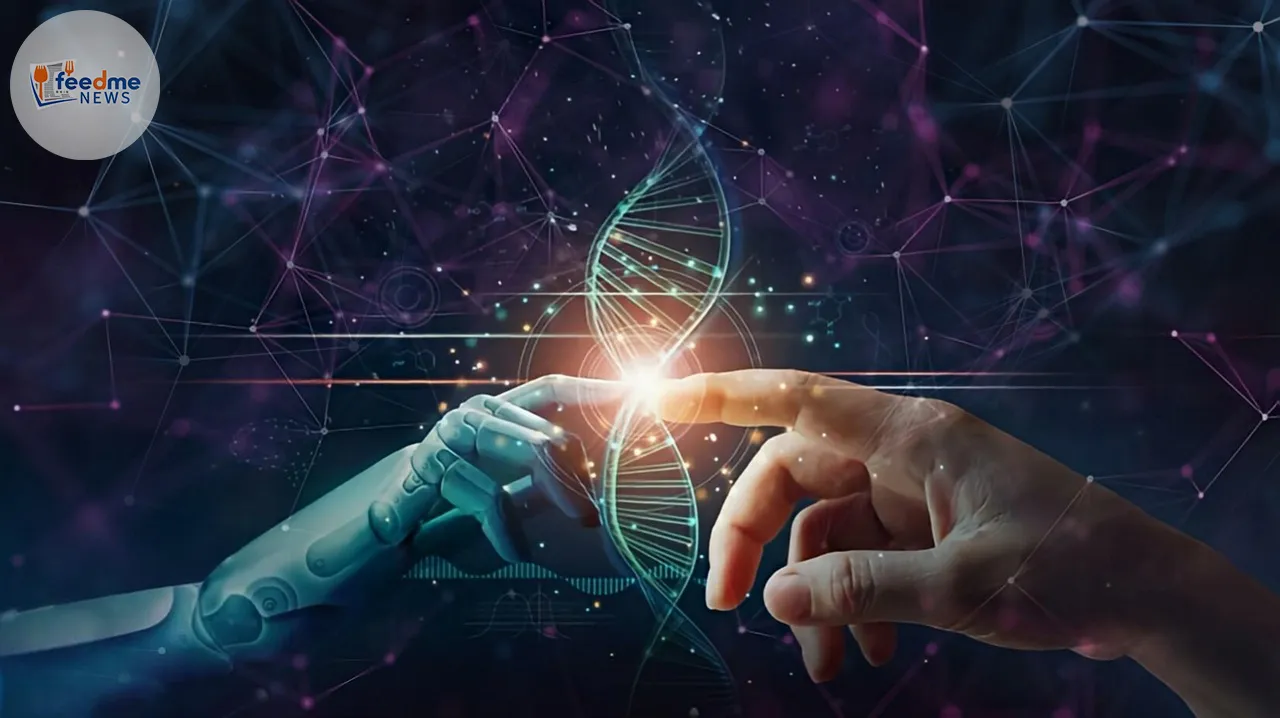Artificial Intelligence (AI) continues to transform industries, reshaping how professionals work across various sectors. From generating content strategies to correcting grammar, AI agents have become indispensable tools. This article delves into the different types of AI agents and explores their practical applications, offering insights into their growing influence.
Unveiling the Role of AI Agents
AI agents are software programs designed to perform specific tasks autonomously or semi-autonomously. These agents range from simple bots executing repetitive tasks to complex systems capable of learning and decision-making. In recent years, their capabilities have expanded significantly, allowing them to assist in diverse fields such as marketing, healthcare, and finance.
One notable example is ChatGPT, an AI language model that can draft content strategies from minimal input. By analysing data and understanding context, ChatGPT generates coherent and relevant content, saving time and resources for marketers. Similarly, AI-driven tools like Grammarly enhance writing quality by providing real-time grammar corrections and style suggestions, proving invaluable for writers and editors.

Types of AI Agents: A Comprehensive Overview
Reactive Machines: The Simplest Form
Reactive machines are the most basic type of AI agents. They operate solely on pre-programmed rules and do not possess memory or learning capabilities. These agents react to specific inputs with predetermined responses, making them suitable for tasks that require immediate and consistent reactions.
For instance, Deep Blue, IBM’s chess-playing computer, is a classic example of a reactive machine. It evaluates possible moves and selects the best one based on predefined algorithms. While effective in structured environments like chess, reactive machines lack the ability to adapt to new situations, limiting their application in dynamic settings.
Limited Memory: Learning from the Past
Limited memory AI agents build upon the capabilities of reactive machines by incorporating past experiences into their decision-making processes. These agents can store and utilise past data to improve their performance over time, making them more adaptable to changing environments.
Autonomous vehicles are a prime example of limited memory AI agents. They rely on data from previous journeys to refine their navigation and driving skills, ensuring safer and more efficient travel. By continuously learning from new data, these vehicles enhance their ability to respond to complex road conditions.
Advanced AI Agents: Pushing Boundaries
Theory of Mind: Understanding Human Emotions
AI agents with theory of mind capabilities aim to understand and interpret human emotions, beliefs, and intentions. These agents possess the ability to predict and respond to human behaviour, making them particularly valuable in fields such as healthcare and customer service.
In healthcare, AI systems equipped with theory of mind can assist in diagnosing mental health conditions by analysing patient interactions and emotional cues. By recognising patterns in speech and behaviour, these agents provide healthcare professionals with insights into patient well-being, facilitating more accurate diagnoses and personalised treatments.
Self-Aware AI: The Future of Intelligence
Self-aware AI agents represent the pinnacle of AI development, possessing consciousness and self-awareness. While still largely theoretical, these agents would have the ability to understand their own existence and adapt their actions accordingly.
The concept of self-aware AI raises ethical and philosophical questions, as these agents could potentially possess human-like intelligence and emotions. Researchers continue to explore the possibilities and implications of self-awareness in AI, considering the profound impact it could have on society.
Practical Applications and Industry Impact
Revolutionising Marketing Strategies
AI agents have revolutionised marketing by automating tasks and providing valuable insights. They analyse consumer behaviour, optimise advertising campaigns, and personalise content, enabling businesses to target their audiences more effectively. By leveraging AI, marketers can enhance customer engagement and drive sales, ultimately boosting their bottom line.
In addition to content creation and strategy development, AI agents assist in analysing market trends and predicting consumer preferences. This data-driven approach empowers companies to make informed decisions and adapt to evolving market demands, ensuring long-term success.
Transforming Healthcare Delivery
In the healthcare sector, AI agents play a crucial role in improving patient outcomes and operational efficiency. From diagnosing diseases to managing patient data, AI-driven tools streamline processes and enhance the delivery of care.
For instance, AI-powered diagnostic systems analyse medical images and detect abnormalities with high accuracy, aiding radiologists in identifying early signs of diseases. Moreover, AI agents assist in drug discovery by analysing vast datasets and identifying potential compounds for development, accelerating the research process.
Looking Ahead: The Future of AI Agents
As AI technology continues to advance, the capabilities of AI agents will expand, offering new opportunities and challenges. The integration of AI across industries promises increased efficiency, innovation, and improved quality of life. However, it also raises ethical concerns and necessitates careful regulation to ensure responsible use.
The ongoing development of AI agents will likely lead to greater collaboration between humans and machines, fostering a future where AI serves as a trusted partner in various domains. By understanding the different types of AI agents and their applications, individuals and organisations can harness their potential to drive progress and achieve their goals.





